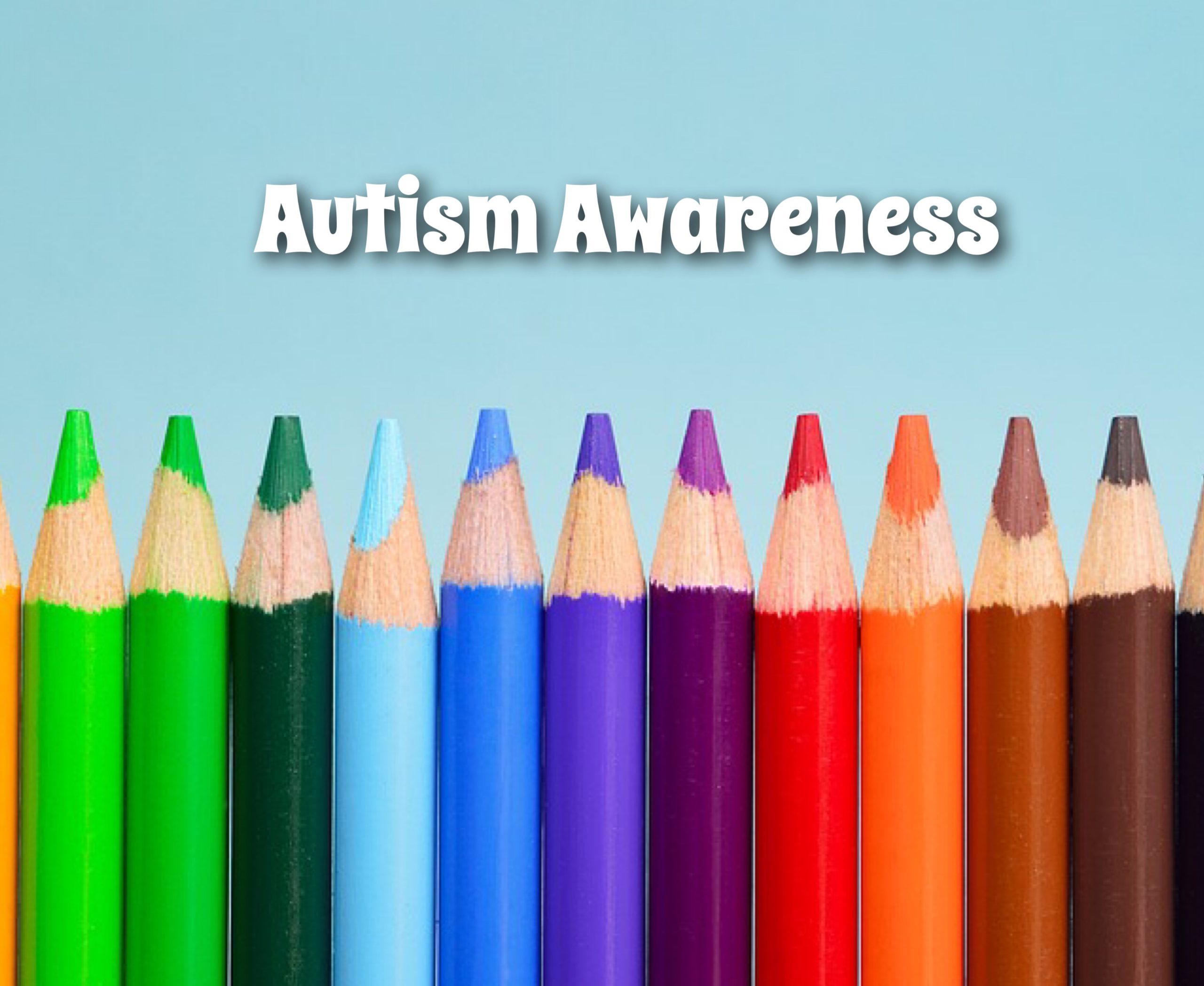
Overcoming Stigma: Autism Spectrum Disorder
Autism Spectrum Disorder is a life-long disorder that is neurological and developmental. It impacts an individual’s ability to interact with others and learning. Autism Spectrum Disorder (ASD) encompasses a variety of developmental disorders including Asperger’s syndrome. Children can be diagnosed with ASD as early as two or three years old. This usually occurs when they don’t hit certain developmental milestones. Those with milder forms of ASD might not be diagnosed until adulthood, like in many cases of Asperger’s syndrome. Symptoms cover two general groups; difficulties with social communication (lack of consistent eye contact, slow to respond to verbal attempts to gain attention, conversational difficulties) and repetitive behaviors (repeating words/phrases, becoming overly focused on certain subjects, sensitivity to sensory input). Sleep problems and mood irritability are also often implicated in ASD.
Why is there a stigma surrounding ASD?
Historically, Autism Spectrum Disorders have carried a lot of stigma which has led parents and families to keep their children from getting a diagnosis or the treatment they might need. Families often face a lot of stigma and isolation when it comes to autism, usually due to misconceptions and a general lack of knowledge regarding the disorder. There was a time when people believed that one of the causes of ASD was poor parenting. This has long been disproved and research shows that the causes are much more complicated and due to a combination of genetic and developmental differences. Along with differences in neurology and brain circuitry, those with ASD also might experience gastrointestinal disorders, epilepsy or sleep disorders.
Many families and parents of children with ASD face this stigma head on by explaining the disorder to others or by explaining that their child’s brain works differently. Increasing awareness and acceptance can do wonders for the children who are living with it every day. The earlier that people with ASD are diagnosed and treated, the sooner they can get therapy and develop coping skills.
Treating Autism Spectrum Disorder
There are several medications and therapies that might help relieve some symptoms of ASD. Applied Behavior Analysis focuses on adjusting the behavior of children with ASD to help them develop skills that allow for better interactions. Several kinds of therapy are available that focus on different ways to help people with ASD. There are many different ways to address mental health disorders and each patient is different; therefore, it is beneficial to find the solution that works for your specific needs and mental health.
If you or someone you know is struggling with a mental health disorder, like depression or anxiety, please contact the professional team at Lifeline Connections. You can visit Lifelineconnections.org or call 360.397.8246 for more information.
